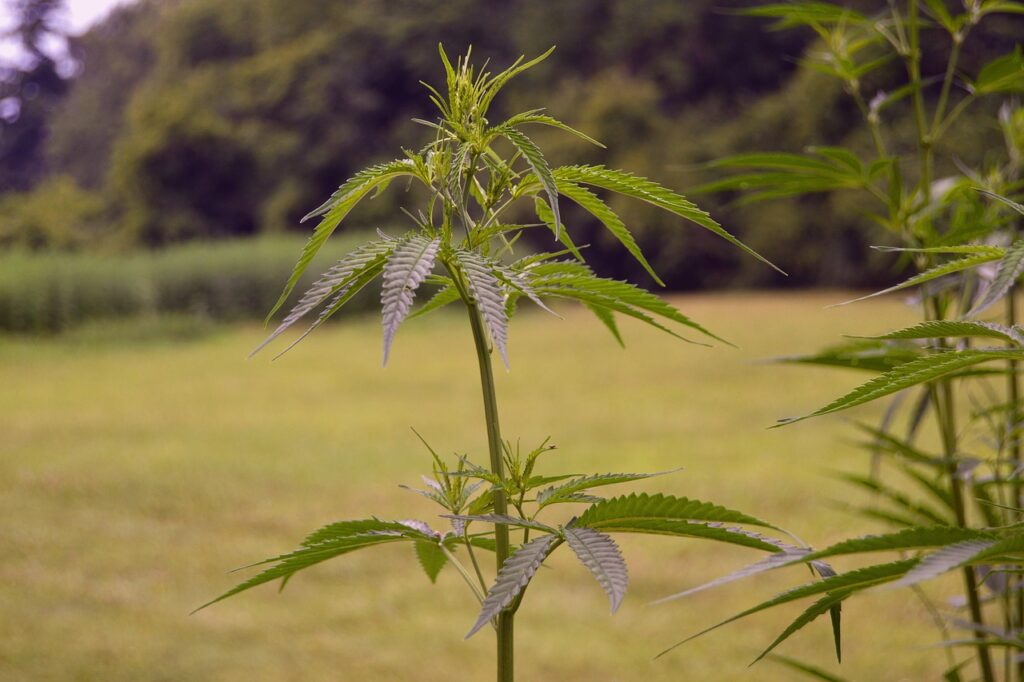“Businesses that choose to participate in Missouri’s marijuana industry do not get to decide which rules and which parts of [the constitution] they want to follow.”
By Rebecca Rivas, Missouri Independent
The state’s Division of Cannabis Regulation is revoking the marijuana manufacturing license of Delta Extraction after accusing the company of illegally importing “marijuana product” from out-of-state and adding it to Missouri-grown marijuana products.
The revocation will take effect on December 2.
The Robertsville-based company is at the center of Missouri’s massive marijuana recall that was issued on August 14. The state recently rolled back part of the recall, but the fate of more than 45,000 recalled products—and those of dozens of marijuana businesses facing a steep financial loss if the products must be destroyed—is still pending.
The recall will be debated during a hearing before the Administrative Hearing Commission in December, where Delta’s appeal on its license revocation will also likely be heard.
“We must be clear on this: Businesses that choose to participate in Missouri’s marijuana industry do not get to decide which rules and which parts of [the constitution] they want to follow,” Amy Moore, director of the division, said in a press release Thursday announcing the decision.
Delta Extraction has denied accusations that it illegally imported marijuana into the state by arguing it actually imported a non-psychoactive hemp product, THC-A, that was converted into the psychoactive delta-9 THC once in Missouri. Hemp is not a federally controlled substance.
“The department’s actions are illegal and unfounded,” said Chuck Hatfield, attorney for Delta Extraction. “The issue stems from Delta using legal hemp products in its legal marijuana products, which passed state testing before it was sold to consumers.”
In its appeal, Delta argues that the Missouri didn’t specifically ban adding hemp-derived THC-A to marijuana products until the state’s final rules went into effect on July 30.
Hatfield said the division never communicated that adding the hemp product was against the rules until the company’s license was suspended on August 2.
In an interview with The Independent, Hatfield pointed to an email that Adam Whearty, a compliance team supervisor with the division, sent two days before Delta’s suspension, which was uncovered during the appeals process. Hatfield said it shows that Whearty and compliance officer Heather Bilyeu—who was Delta’s main contact in the compliance office, Hatfield said—were confused about whether what the company was doing was allowed.
“Heather thinks they found a loophole in the [emergency] rules, prior to 7/30, as does not think THC-A fell into the category of not being able to be used,” until the final cannabis rules took effect on July 30, Whearty wrote. “Heather and I are concerned about what we were to tell [Delta] about modified product in their inventory…”
However, during the appeals process, the state has argued that the emergency rules filed on January 20 prohibited the practice.
Carole Iles of the Administrative Hearing Commission sided with the state in an August 29 order. The only thing the cannabis regulating agency added to this line in the final rules, she wrote, was the clause “such as THC-A …”
“We agree with the department that language added to the permanent rule…did not change the requirement of the emergency rule that THC in marijuana products could only be derived from marijuana cultivated by a Missouri-licensed cultivation facility,” the order denying a stay on Delta’s suspension states.
A hearing on Delta’s appeal of the recall and license revocation will be held next month.
Delta’s use of the hemp THC-A was not the only reason for revocation, Moore said in the press release Thursday.
“While Delta Extraction’s use of out-of-state cannabis in our regulated system has been well-publicized and is a critical issue, DCR also found numerous other violations of rules at this facility,” Moore said.
The division also said Delta did not properly maintain video surveillance footage or have necessary safeguards to prevent intrusion at the facility. The division argues that Delta falsified product tracking records, and regulators could not ensure the product was properly tested.
In a letter to the state’s attorney on Wednesday, Hatfield countered that the company did test the product in compliance with the law.
Delta also agreed to pay for retesting of any Delta product, Hatfield wrote in the letter, as well as to destroy all the product in its facility in order to reach a settlement with the state.
“Should the parties not reach an agreement, Delta intends to challenge the Department’s authority to regulate hemp-derived products,” Hatfield’s letter states.
The courts will not entertain a legal challenge against the state until Delta Extraction’s appeal process is completed, a judge has already ruled.
Missouri would then be among several states where companies are challenging the state cannabis regulators’ authority to regulate hemp. Unlike marijuana, hemp has very little psychoactive properties naturally—which is why it was taken off the federal controlled substance list in the 2018 farm bill.
But since then, businesses have been in a race to create ways to produce the most predominant psychoactive active element in marijuana, delta-9 THC, using the hemp plant.
On September 8, a federal judge in Arkansas granted a preliminary injunction in a lawsuit against the state, saying that hemp-derived cannabinoids, like THC-A, are protected under the 2018 farm bill.
“Should Delta succeed in that challenge,” Hatfield wrote, “the industry would be free to engage in bringing in industrial hemp products from out of state for use in marijuana products.”
This story was first published by Missouri Independent.
Missouri Lawmakers Criticize Marijuana Regulations Meant To Limit Products’ Appeal To Kids
Read the full article here









